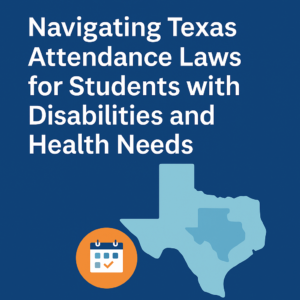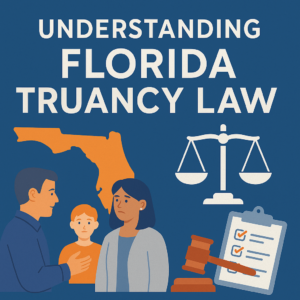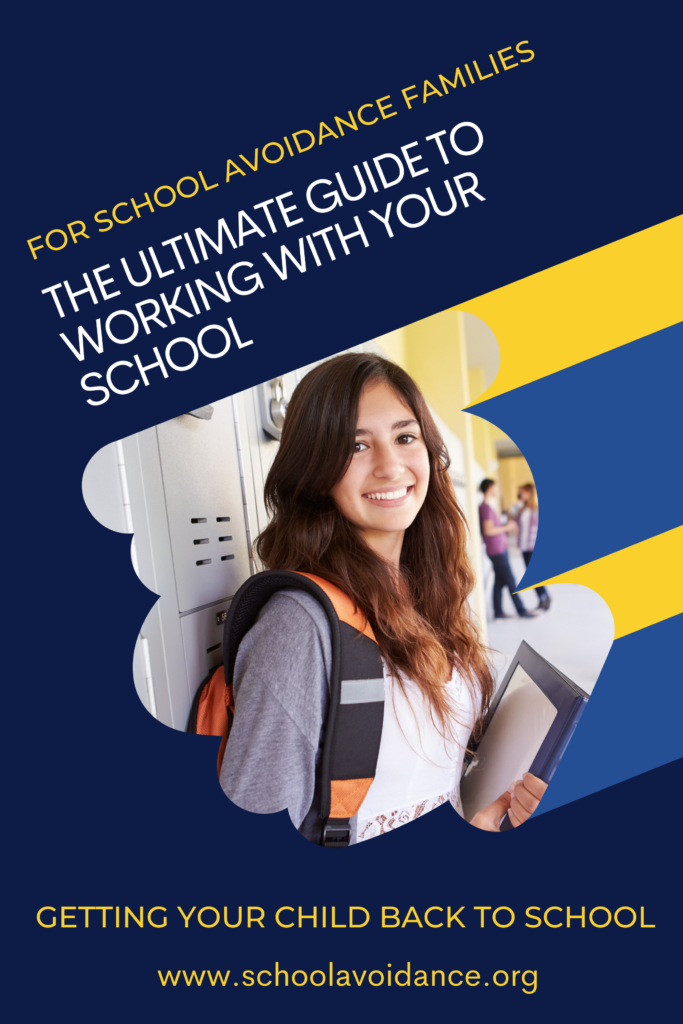School avoidance is challenging on so many levels. One aspect that doesn’t get much attention is the judgment and blame assigned to parents of kids with chronic school absences. There are a few reasons for this:
- There has been little to no discussion, education, or awareness about school avoidance in our schools, media coverage, and with pediatricians.
- It is hard for people who don’t experience it to understand it.
- Many schools don’t understand school avoidance or treat these students punitively.
Regardless of the reasons for the stigma, it exists, and it brings a tremendous burden on these parents who just want to help their kids get back to themselves and school.
Many school avoidance clinicians feel that Peer-to-Peer Parent Support is a crucial component of helping school avoidance kids and their families.
Dr. Glenn Melvin says “Parent Peer-to-Peer support is one of the pillars of treating school avoidance.”

“School avoidance is stressful and difficult for a multitude of reasons. It makes sense that parents can get depressed and anxious. These parents’ shared experiences create a sense of camaraderie, comfort, and strength. And in return, it provides encouragement, hope, and determination to keep moving forward.”
— Dr. Glenn Melvin, school avoidance researcher, associate professor & counseling psychologist, Deakin University, Melbourne, Australia.
It’s a lot to handle. It tests our relationships, resolve, strength, and ability to get out of our beds each morning.
We know that ignorance and lack of understanding are reasons many families feel isolated and blamed. But what a horrible time for families to feel alone during the time when they need the most support and kindness.
When my son had tons of school absences over many years of school avoidance, I longed to connect with other families who lived the same experience. There was no way to find these families, though.
Through the requests from the families in our private FB group, we are now offering a weekly Parent Peer Support Group.
It is comforting to vent, listen, learn, share and feel the support of other families that understand you.
I felt this level of care, connection, and warmth from the new Peer to Peer Parent Support Group, which we started offering for free with the purchase of our School Avoidance Master Class.
The Master Class is a “ How to “ taught by seven leading school avoidance experts who cover all aspects needed to help kids get back to school. It’s everything I wished I had known when I went through this with my son years ago. I would have saved years of suffering for my son and family if I knew about all the potential roadblocks and best practices schools and clinicians should follow.
Our support group families have expressed gratitude for the opportunity to meet other parents who understand exactly how they feel. We are all learning and gaining strength from each other.
I continue to be awestruck by the level of strength, determination, and intellect I see in our school avoidance families.
Click the button below for more information about our
School Avoidance Master Class with Free weekly Peer-to-Peer Parent Support.






